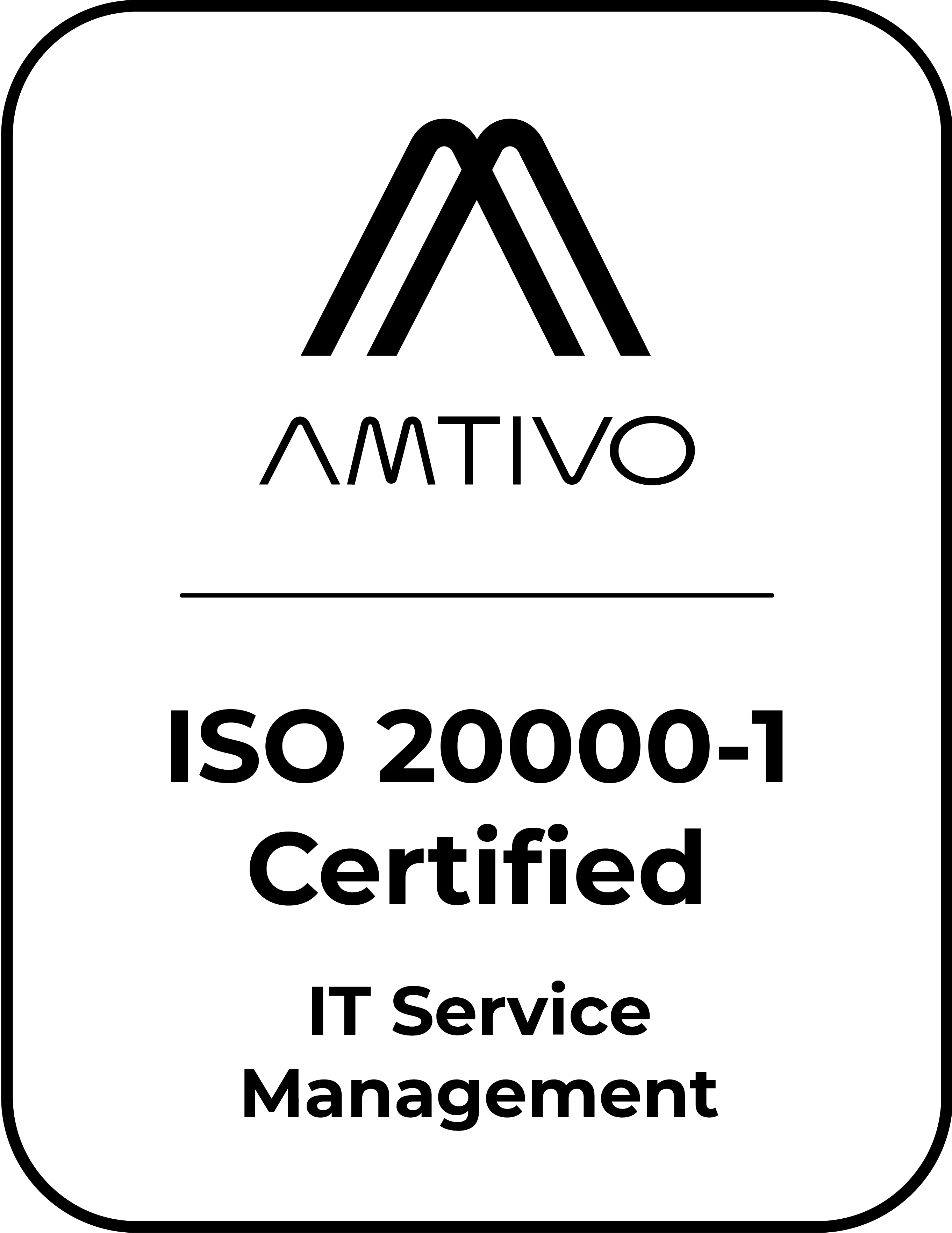Entrepreneurial Students Create Online Education Platform Two Year 13 students at the British International School Budapest, Miklos Hajnal and Adrian Stickel, have founded their own business whilst studying for their International Baccalaureate Diploma. LiteUp has already attracted an incredible US$40,000 investment.

Two Year 13 students at the British International School Budapest, Miklos Hajnal and Adrian Stickel, have founded their own business, LiteUp, whilst studying for their International Baccalaureate Diploma. They have already attracted an incredible US$40,000 investment.
Launching in April 2014, LiteUp is an online educational platform that helps students exchange knowledge and lead their own learning. With LiteUp, students will be able to upload videos and documents based on what they learn, make requests for videos they need, test their knowledge and teach their peers without limitations on language and categories. The budding entrepreneurs have received an US$40,000 investment from Hungarian company Traction Tribe Zrt to support the start-up venture.
We asked Miklos and Adrian about their exciting venture.
What motivated you to set up the business?
Before our end of year exams in 2013, we came into school to study together. We had the idea of one of us presenting topics they knew better to the other, but got tired after a while, and so thought we’d go on the internet to look for educational videos in our subjects. However, we soon realised that the available content was not really what we wanted - we found videos long and boring, sometimes not even suited to our studies. We decided to set up a website where we could upload videos of ourselves teaching short summaries of these topics in each subject. Soon we realised that our site could be way more interactive if any student could upload videos like this. We changed the idea a bit, and since then, we are working on an e-learning video-sharing platform where users (students) can generate the content themselves according to the demands of their peers. This includes content in various languages, as we want to go global and see e-learning as a very effective tool for education in not just developed countries, but also in less developed regions of the world.
How did you go about setting up the business – who supported you during the process?
To gather input as diverse as possible, we approached a range of very different people. Of course, the opinion and experience of teachers and students matters a lot, and so we discussed certain milestones and objectives with the Business and Management and ICT teachers in our school. We also conducted a survey amongst schoolmates and friends and collected more than a hundred responses. Having no experience regarding start-ups, we also established relationships with serial entrepreneurs and business angels located in Budapest. Potentially the greatest support came from various people involved at different stages of the process, as they could help us effectively in certain areas and motivated us with their enthusiasm for our project.
Did you take learning from other activities?
Of course, we tried to apply business and management theory, but we faced difficulties, as our subject is mostly focused on already well-established businesses, not on fresh startups. An essential feature of running a business, however, is project management, which is all about finding the essential steps to getting from one stage to the other - the critical path. This is something that we try to follow in our company in the same way we learnt it in class and something that makes our work much more efficient - leaving enough time for revision ahead of our IB exams which start in May. In any case though, the learning from our personal reading and enthusiasm for the subject of economics helped us a lot, along with prolific reading that was explicitly aimed at the acquisition of specific, startup-related knowledge.




.jpg?h=249&iar=0&w=374&rev=03bee5ab1d2c41fabd2c427ac897415e&hash=38A635EBCF2CE5A181170C066BB49369)




.png?h=449&iar=0&w=837&rev=83152b75ae184041a2128b09f638dc57&hash=E79FE370F3E5202D9E4FD25EEB927FAD)
